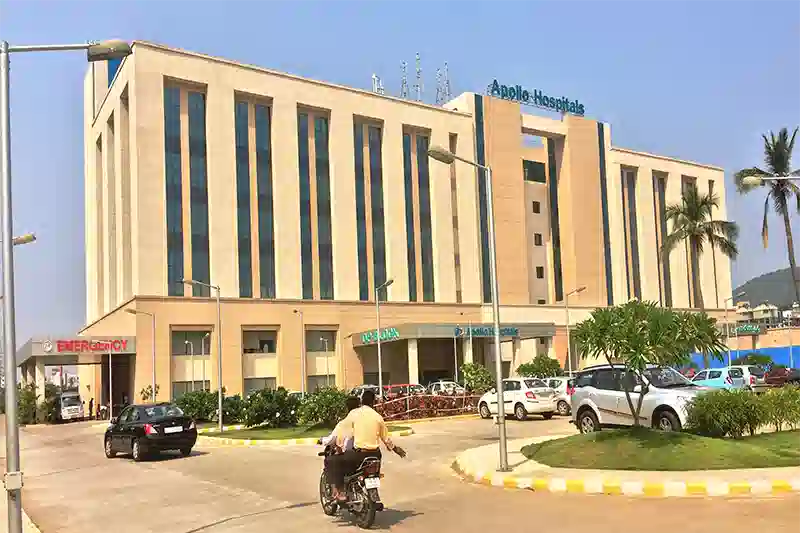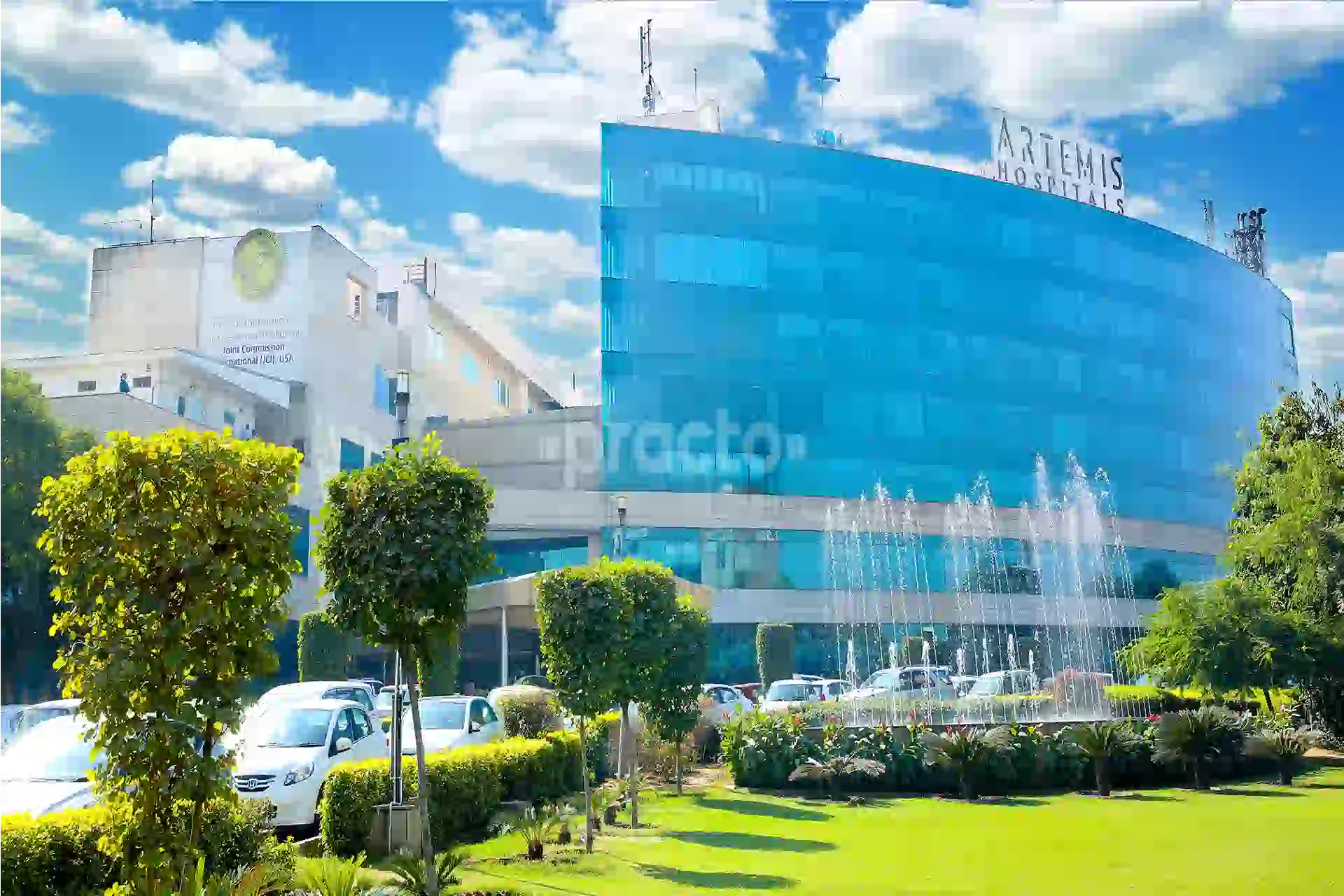For international patients [24*7]
Joint replacement surgery in India
- Get treated by world-class joint replacement surgeons
- Benefit from the all-inclusive treatment packages
- Hassle-free appointments and complete guidance
- Make effective decisions by comparing alternatives
Joint replacement surgery
Joint replacement conditions

Avascular necrosis
It is a disorder when bone tissue in the joint dies due to a lack of blood supply, resulting in pain and potentially harming the joint.

Rheumatoid arthritis
A chronic autoimmune condition that damages and inflames the body's joints and other organs.

Osteoarthritis
It is a degenerative joint that destroys bone and cartilage in the joints.

Hip dysplasia
It is a disorder where the hip joint does not develop normally, leading to instability, potential pain, and long-term damage.

Joint trauma
It is an injury to a joint that causes pain, swelling, and restricted movement of the joint. It can result in dislocation or fracture.

Degenerative joint diseases
Ailments that cause the cartilage and bones in joints to break down over time, resulting in pain and decreased mobility.
Common diagnostic tests
An orthopedic surgeon diagnoses the injury through a medical evaluation to confirm the need for joint replacement surgery.

Medical history

Physical examination

Imaging tests

Blood tests

Joint aspiration
Common joint replacement surgeries
Knee replacement surgeries
Knee replacement surgery substantially enhances the lives of patients who experience persistent knee pain and injury.

Total knee replacement

Partial knee replacement

Bilateral knee replacement

Revision knee replacement
Hip replacement surgeries
The procedure makes it possible for patients with persistent hip pain and limited mobility to greatly improve their quality of life.

Total hip replacement

Partial hip replacement

Bilateral hip replacement

Hip resurfacing
Shoulder replacement surgeries
Patients who have persistent shoulder pain and limited mobility benefit greatly from the procedure in terms of their quality of life.

Total shoulder replacement

Partial shoulder replacement

Revision shoulder replacement

Shoulder hemiarthroplasty
Advanced joint replacement treatments
Uniheal’s partner hospital offers the latest techniques, such as minimally invasive total joint replacement, computer-assisted joint surgery, and robotic-assisted joint replacement surgery, and top-notch expertise.

Robotic-assisted joint replacement surgery

Minimally invasive total joint replacement

Computer-assisted joint surgery
Post-joint replacement surgery services
Uniheal not only provides top-notch services before the surgery but also aftercare services like concierge services, travel arrangements, follow-up care, etc.

24/7 support

Follow-up care

Concierge services

Travel arrangements
Meet the doctors

In association with top bone and joint accredited hospitals in India
Travel to top healthcare destinations
Frequently Asked Questions
Joint replacement surgery is commonly performed on the knee, hip, shoulder, etc. to remove a diseased or damaged joint and replace it with an artificial material to improve mobility, restore function, and relieve pain.
Some of the common joint replacement conditions are vascular necrosis, rheumatoid arthritis, osteoarthritis, degenerative joint diseases, etc. Accidents that can cause joint damage and require joint replacement surgery include overuse or wear and tear, fractures, dislocations, workplace injuries, and car accidents.
Some of the signs that may indicate a joint injury are as follows.
- Swelling and inflammation
- Joint deformity
- Difficulty standing or walking
- Bone-on-bone grinding or clicking
- Persistent pain
- Limited mobility
Some of the common diagnostic tests like checking your medical history, a physical examination to check for signs like swelling and inflammation, and imaging tests like MRIs, X-rays, and CT scans to evaluate the severity of damage to joints and surrounding tissues, blood tests to check for any underlying conditions, followed by joint aspiration to diagnose pain or inflammation.
Some of the common knee replacement surgeries are total knee replacement, partial knee replacement, bilateral knee replacement, and revision knee replacement.
Some of the common hip replacement surgeries are total hip replacement, partial hip replacement, bilateral hip replacement, and hip resurfacing.
Some of the common shoulder replacement surgeries are total shoulder replacement, partial shoulder replacement, revision shoulder replacement, and stemmed hemiarthroplasty.
Uniheal has helped several orthopaedic patients from different countries like Nigeria, Kenya, Liberia, Ethiopia, Tanzania, Uganda, Mozambique, Rwanda, etc. to choose the right orthopedic specialists, hospitals and destinations for their orthopedic treatment abroad. Here is how we can help you.
- Our partner hospitals provide advanced joint replacement techniques like robotic-assisted joint replacement surgery, minimally invasive total joint replacement, computer-assisted joint surgery, etc.
- Assistance in choosing the right orthopaedic surgeon
- Prompt appointments at top accredited orthopaedic hospitals
- Exclusive treatment packages with complete information
- Help in hospitalization and ground assistance in destination country
- Guidance at every step of the journey so that you can make informed decisions
The patient service representatives are present 24*7 at your service. You can reach out to
us at +91 80 2999 2999 for any queries or information.






